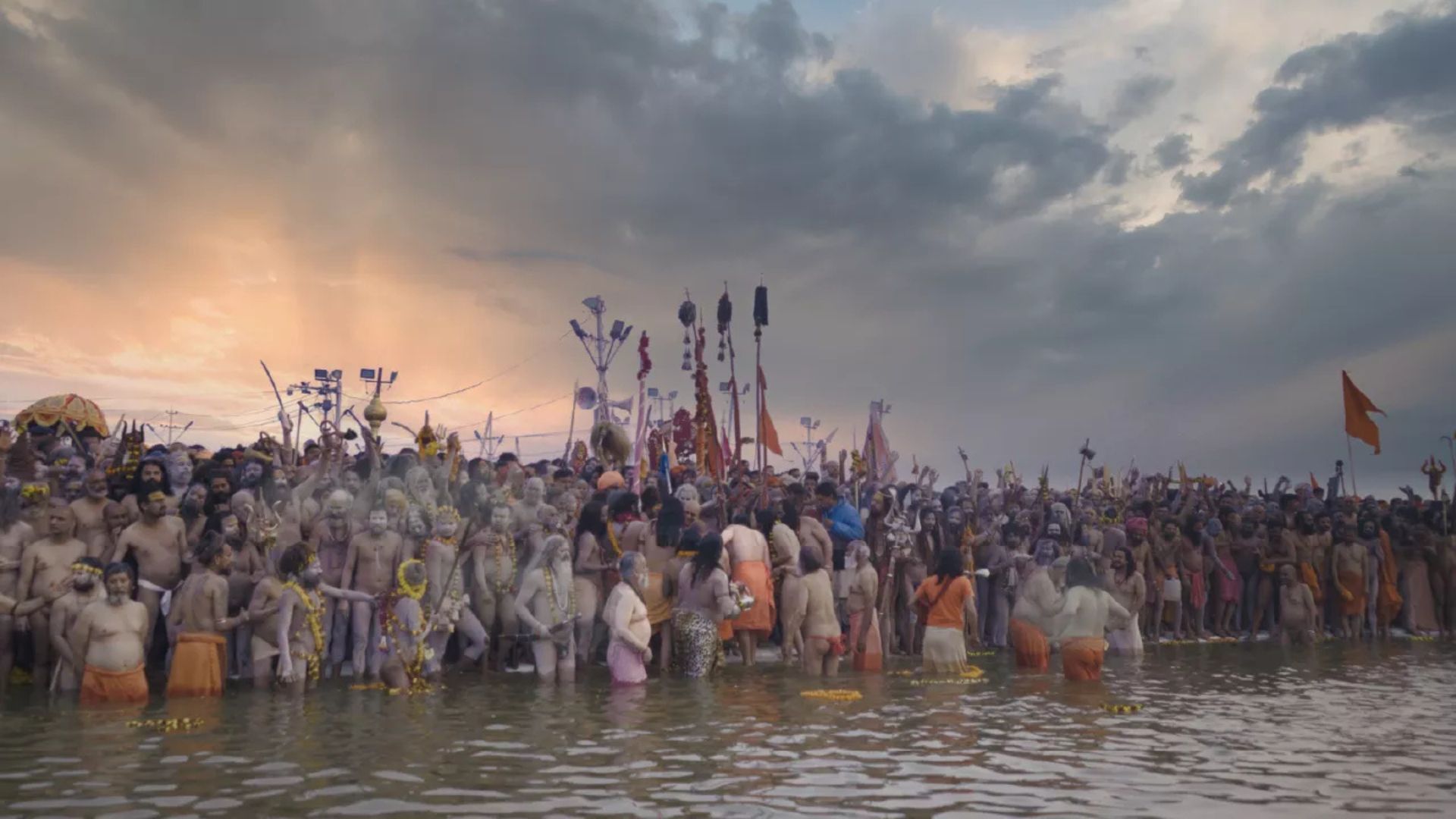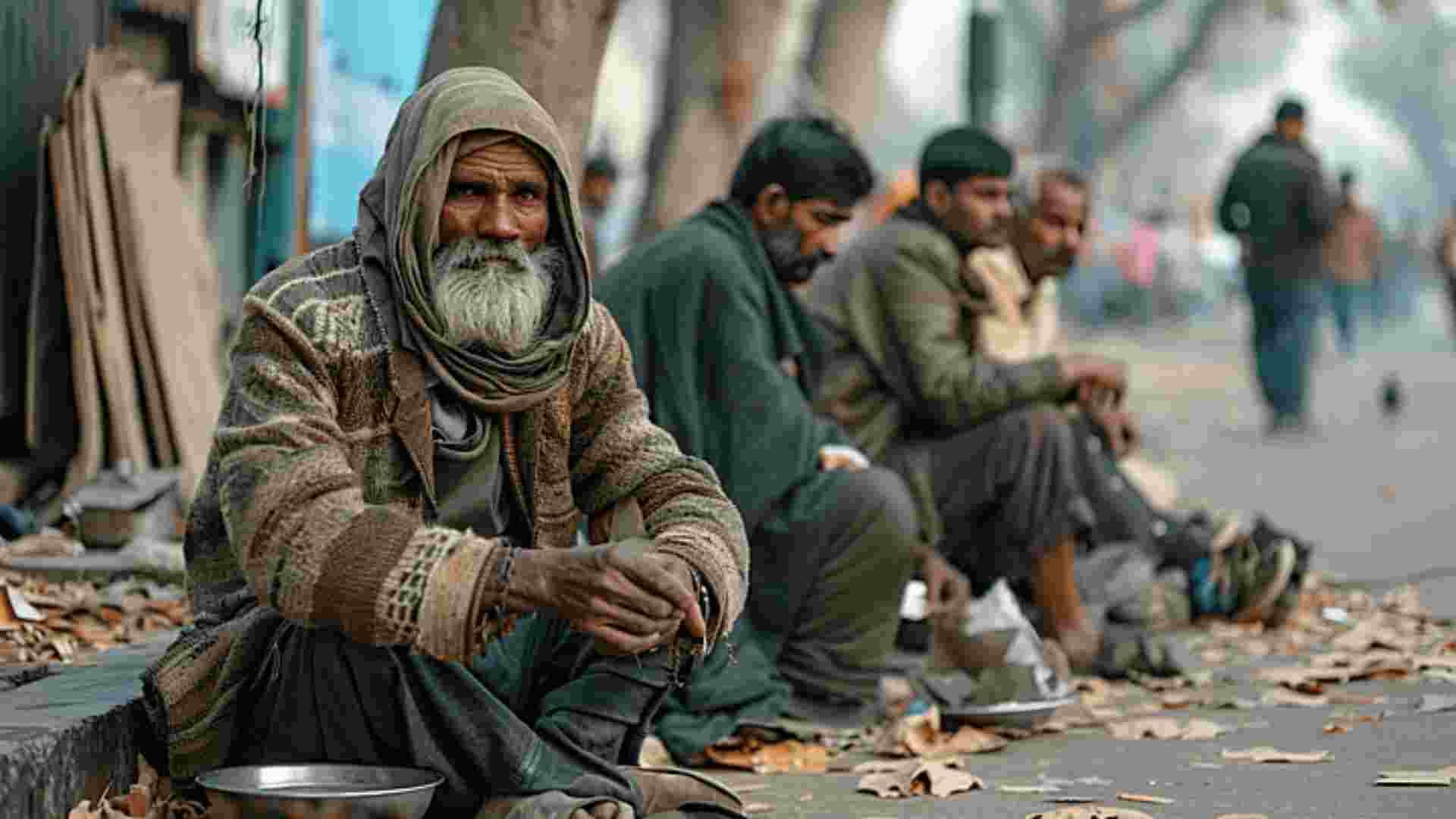
The Sadhus are the Hindu ascetics that play a very significant role in the Kumbh Mela, one of the major religious gatherings, due to their influence in spiritual freedom. Historically, they managed crowds, hospitality, and events as members of akharas, which are monastic orders that specialize in preserving Hindu traditions. While their role in administration has decreased over time, their spiritual importance remains steadfast.
The Kumbh Mela, set to take place from January 13 to February 26, 2025, continues to embody the essence of renunciation and the quest for spiritual enlightenment, central to Hinduism, as symbolized by the Sadhus.
In Hinduism, Sadhus, or “Babas,” are ascetic saints who renounce material comforts in pursuit of spiritual liberation, known as ‘moksha.’ With an estimated four to five million Sadhus in India, they follow a strict spiritual code, dedicated to this ultimate goal throughout their lives.
Traditionally, Sadhus have played a central role in the administration of the Kumbh Mela. Prior to British colonialism, they controlled the festivities at Haridwar, one of the four traditional Kumbh sites, and were responsible for crowd control, hospitality, and law enforcement. Their role was not limited to spiritual leadership but also included mediation and defense.
Also Read: Kumbh Mela 2025: A Glimpse into India’s Largest Religious Gathering
The Sadhus are united by and protected by the spiritual orders, or akharas, which were established by Adi Shankaracharya in the 8th century. Each akhara consists of followers who share similar religious beliefs and practices. They are trained in both sacred texts and combat, which allows them to fulfill spiritual and defensive duties during the event.
For Sadhus, Kumbh Mela is not only a ritual but a way of life that needs to be experienced. It offers them a chance to establish an increased bond with faith and tradition. Many Sadhus feel that bathing in the holy Ganges at the time of the festival liberates them from the cycle of life and death, which helps them to absolve from sins, thus making the festival even more spiritually important.
Though their role in management and administration has declined since the colonial period, Sadhus continue to be important spiritual figures in the Kumbh Mela. Their presence still echoes the essence of asceticism and spirituality in Hinduism, which is very significant for understanding their deep practice of spirituality.















